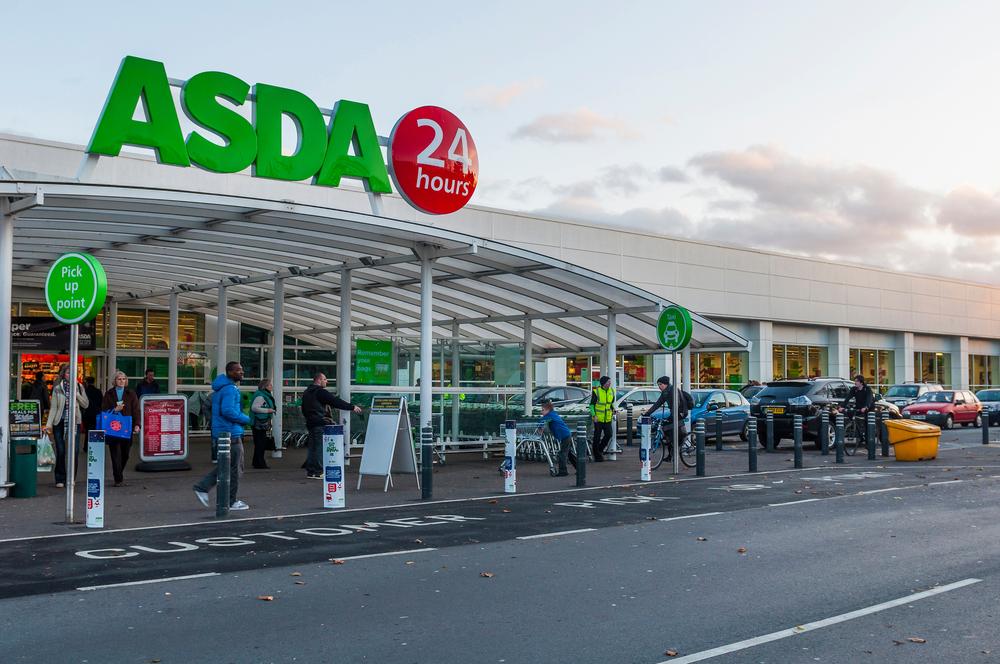New data published on Tuesday by Kantar reveals the first overall growth decline in the supermarket sector since June 2016.
Year-on-year supermarket sales dropped by 0.5% in the 12 weeks to 14 July, marking the first overall growth decline in three years.
Kantar said that the tough period was not unexpected given the record sales experienced during last year’s summer heatwave. However, the market is expected to return to growth once the comparative 2018 summer period is over.
All major grocers faced a challenging 12 week period, with growth slowing at every supermarket other than Ocado.
Kantar said that the main factor behind the decline is shoppers heading out to stores less often. Given last year’s hot weather, consumers visited stores more frequently and closer to home in order to ensure their cupboards were stocked as they enjoyed the warm weather and the men’s football World Cup.
The difficulties in matching last year’s growth is clear from the sales figures of traditional summer categories. Consumers spent £75 million less on alcohol compared to last year, with beer down 11% and cider down 13%. Soft drinks sales dropped by £56 million and ice-cream by £55 million.
Lidl, which recently announced a plan to invest £500 million into opening new stores across London, was the fastest growing bricks and mortar retailer over the period as sales rose 7%. Additionally, Aldi reached a new record share of the market, accounting for 8.1% of sales.
Ocado (LON:OCDO) stood out over the period in terms of growth as it increased its sales by 11.9%.
Asda’s (NYSE:WMT) performance faced a particularly difficult comparison compared to last year’s, during a time when sales grew at their fastest rate in over 6 years.
Sainsbury’s (LON:SBRY) sales dropped 2.3% over the period, and Tesco (LON:TSCO) now holds a 27.2% share of the market.
Earlier this year, Sainsbury’s £7.3 billion takeover of Asda was blocked by the Competition and Markets Authority (CMA) because it will create a “poorer overall shopping experience”.

